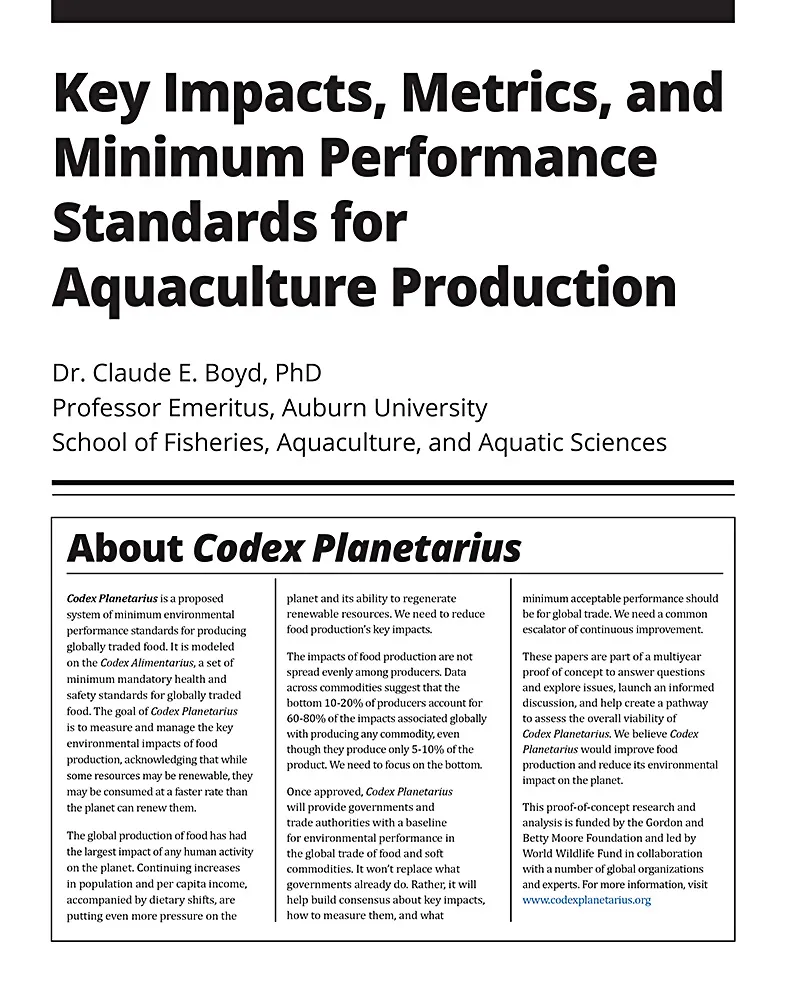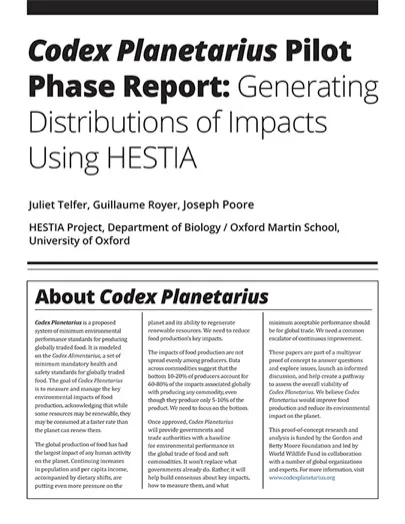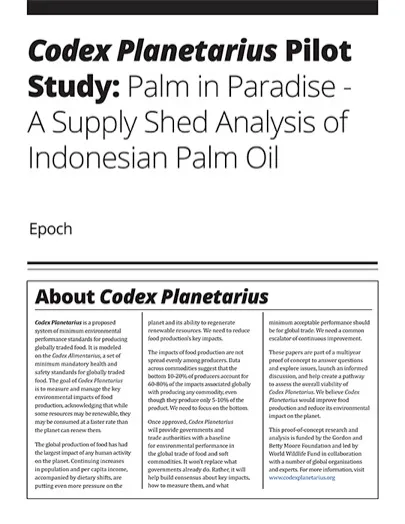Research
During the proof-of-concept phase, international researchers will examine and test basic assumptions of Codex Planetarius, exploring its implications in varied contexts. This research, to be published in 2024 and 2025, will focus on a range of key topics . Findings will be presented for peer review and subsequently, a public comment period. Comments should be sent to [email protected]. The research findings, integrated comments, and accepted feedback will then be placed in the public domain.
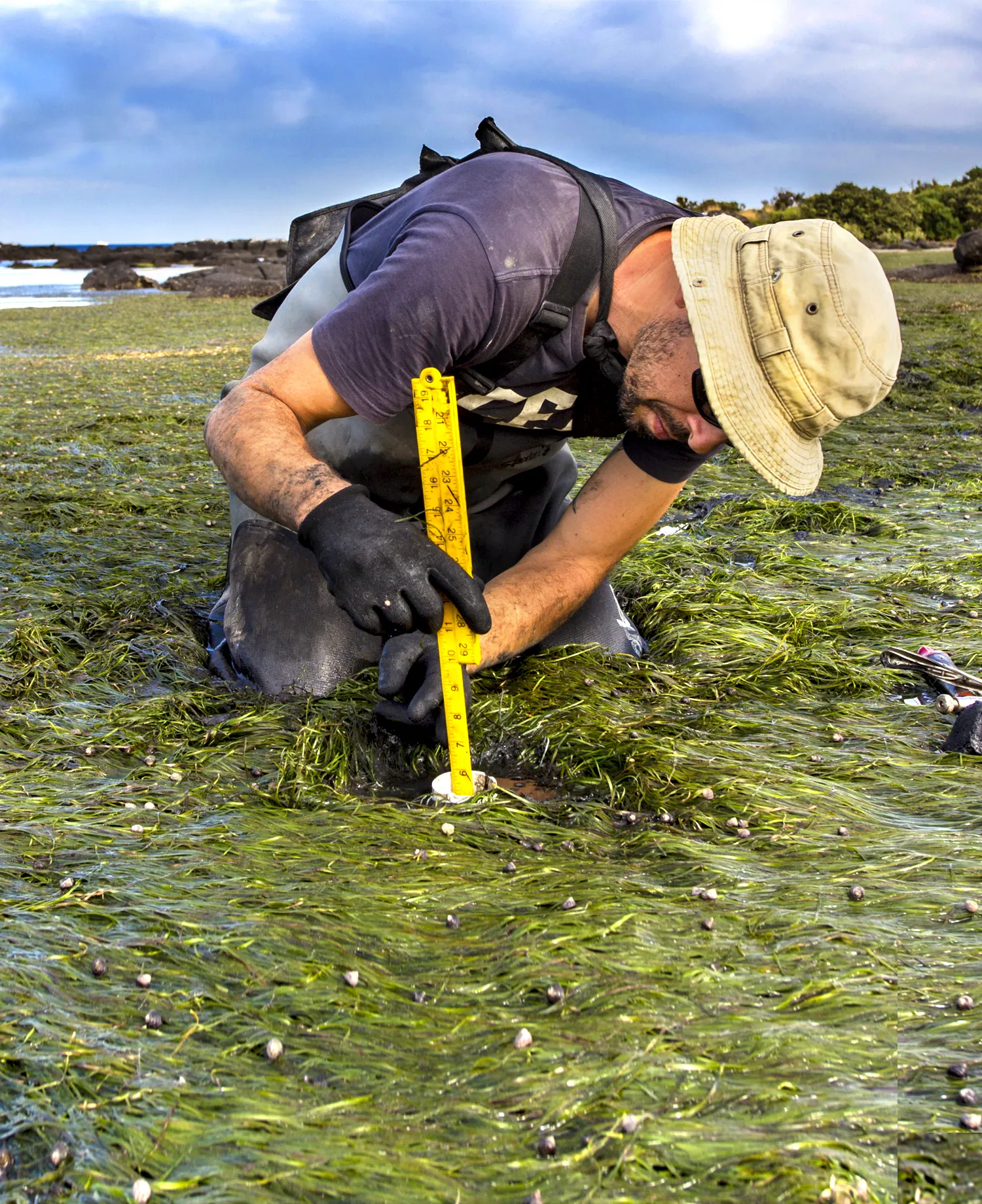
Seabed sediment cores are collected to assess carbon sequestration rates. Tenedos / iStock
Research Objectives
Our research is focused on improving understanding of Codex Planetarius, building support and consensus for the concept and addressing these guiding questions.
- What are the 6-8 key impacts to be addressed and how will each be measured?
- Where and how will a performance standard be established for food and soft commodity exports? Which systems exist, which need to be created, and what will it cost?
- What commodities will most likely be included initially and why? Which might be added over time?
- What have we learned about private and public voluntary standards and standards-holding bodies that can be applied to Codex Planetarius?
- What are the likely impacts of Codex Planetarius on producer income, domestic prices when product is not available for export, export prices and global consumer food prices, and global food security?
- What can pilots looking at difference types of products, producers, and countries tell us about the state of metrics and systems in different countries, their costs, and the impacts in both producing countries and importing countries that are more dependent on food imports?
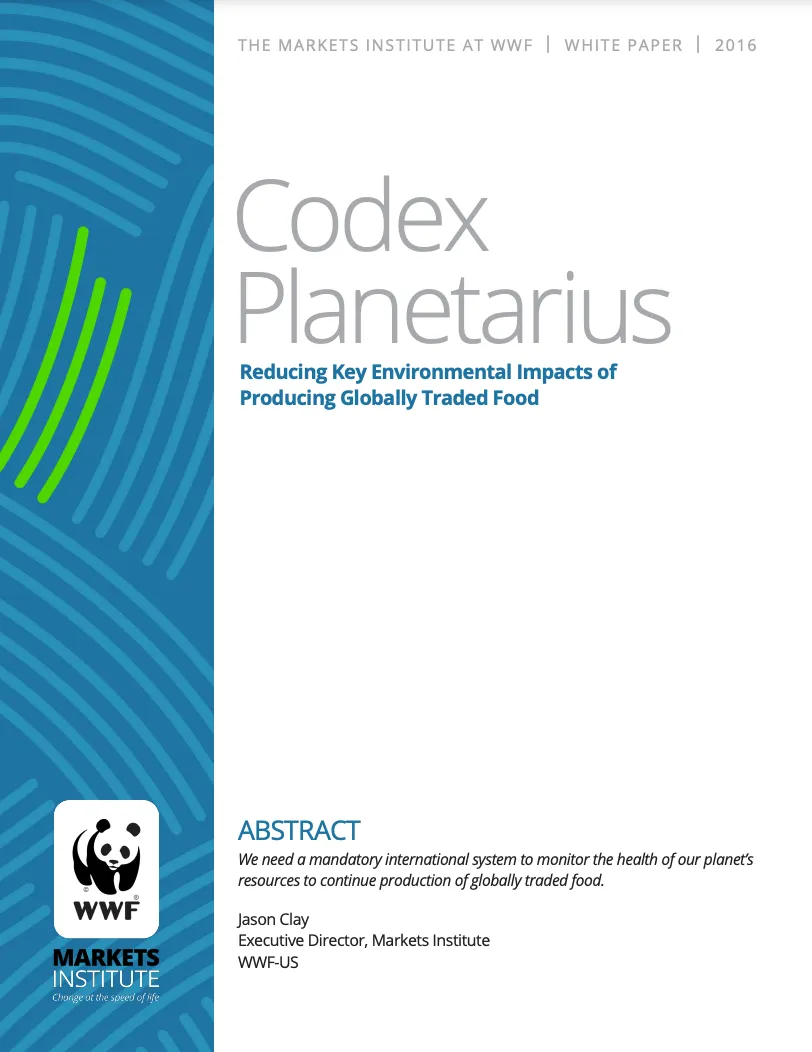
Codex Planetarius: Reducing Key Environmental Impacts of Producing Globally Traded Food
An introduction to the Codex Planetarius concept, this white paper explores the historical and market contexts in which Codex Planetarius arose, including the complexities of food commodity production, the need for global standards, and Codex Alimentarius’ precedent. It concludes by laying out requisite conditions and primary developmental phases for Codex Planetarius’s development.
Download PDFCodex Planetarius Research
Key Impacts, Metrics, and Minimum Performance Standards for Aquaculture Production
Claude E. Boyd, PhD
Aquaculture is a significant source of animal protein for human consumption, but it comes with environmental concerns. Dr. Claude E. Boyd, Professor Emeritus at Auburn University, provides an overview of aquaculture production, the negative environmental impacts of aquaculture, and proposed standards to limit aquaculture’s major impacts.
Download PDFGenerating Distributions of Impacts Using HESTIA
Juliet Telfer, Guillaume Royer, Joseph Poore
To help define thresholds for environmental impacts for import and trade policy, members of the HESTIA Project at University of Oxford generated distributions for five crop-country combinations, making these available through the data aggregations on the HESTIA platform. Their analysis shows that a small number of farms generally contribute a disproportionate amount of the environmental impact for most impact indicators.
Download PDFPalm in Paradise - A Supply Shed Analysis of Indonesian Palm Oil
Epoch
In this report, Epoch, a Scope 3 decarbonization platform, proposes a methodology for first-mile mapping of commodity supply chains, from plot to first aggregation point, using a state-of-the-art supply shed delineation approach. This approach is then applied to the Indonesian palm oil value chain, assessing four indicator classes: deforestation, land use change emissions, biodiversity, and water stress.
Download PDFExperts
Researchers, academics, and subject-matter experts from around the world are helping to investigate and analyze the Codex Planetarius concept and its potential impacts. Our Expert gallery will expand as new research is published.

Dr. Jason Clay
Executive Director, The Markets Institute at WWF / Senior Vice President, Markets at WWF
Dr. Jason Clay
Jason leads the work of WWF-US on Markets and how companies manage supply chains. He also heads the Markets Institute whose goal is to identify and create awareness about global food issues, while anticipating emerging challenges.

Claude E. Boyd
Professor Emeritus at Auburn University
Claude E. Boyd
Claude’s work focuses on the environmental impacts of aquaculture. He has been involved in many efforts to prevent negative environmental impacts by improving resource management practices.

Patrick Mallet
Director, Innovations at ISEAL Alliance
Patrick Mallet
Patrick leads ISEAL’s efforts to understand how sustainability standards must evolve to meet evolving stakeholder expectations. He has extensive business development experience, particularly among civic and social organizations.
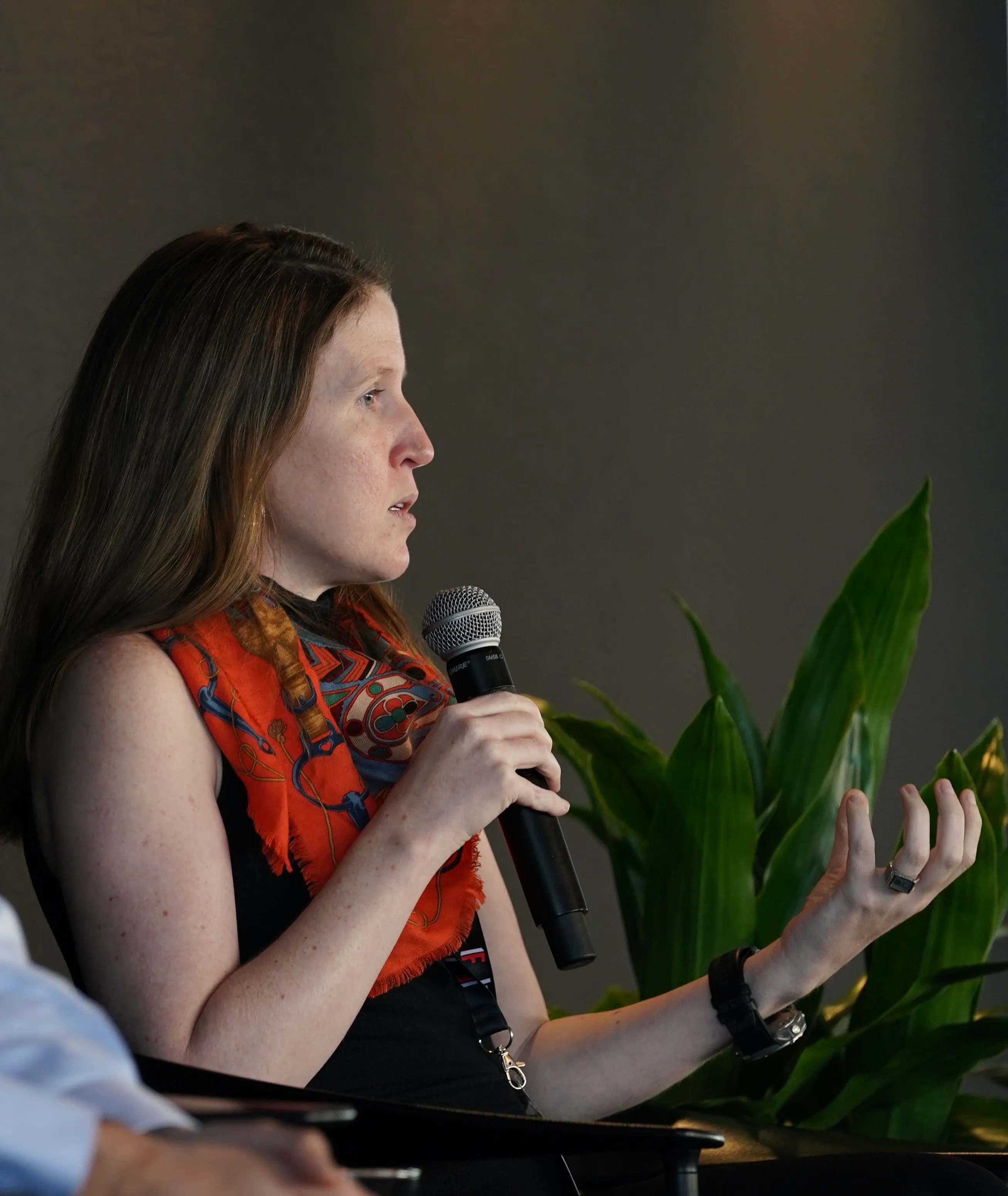
Emily Moberg
Director, Markets Institute, Scope 3 Carbon Measurement and Mitigation
Emily Moberg
Emily is an engineer by training and her work focuses on mathematical modeling with an emphasis on decision analysis applied to couple human-environmental systems. At WWF, she leads work on the quantification, accounting, and mitigation of greenhouse gas emissions from agricultural supply chains.

Toby Kiers
Executive Director, Society for the Protection of Underground Networks (SPUN)
Toby Kiers
Toby is an evolutionary biologist at the Vrije Universiteit Amsterdam and is the Executive Director of the Society for the Protection of Underground Networks (SPUN). Her work focuses on mycorrhizal networks and tracking their nutrient trade dynamics with host roots.

Kent Redford
Principal, Archipelago Consulting
Kent Redford
Kent is the principal at Archipelago Consulting in Portland Maine. He has worked at the Wildlife Conservation Society, The Nature Conservancy and on the faculty at University of Florida. His work focuses on the interlocking worlds of science, strategic planning and conservation practice with a particular interest in novel conservation strategies.

Steven Lord
Senior Researcher Food System Economics, Food Systems Transformation Group, Oxford University
Steven Lord
Steven works on food system economic modelling for sustainability, risk and resilience within the Food System Transformation Group at Oxford University. His recent work has focused on the future economic costs of present food production and consumption in global and national studies with the Food System Economic Commission and the UN Food and Agriculture Organization.

Chris Docherty
Senior Fellow at WWF/ Managing Director at Windward Commodities
Chris Docherty
Chris is a Senior Fellow at WWF working on global standards, finance, and innovation to improve agricultural resilience. His background is in founding, managing, and investing in companies that create sustainable agricultural supply chains through value addition and effective risk management.

Brian Richter
President of Sustainable Waters
Brian Richter
Brian Richter has been a global leader in water science and conservation for more than 30 years. He is the president of Sustainable Waters, a global organization focused on water scarcity challenges. In addition, Brian serves as a water advisor to some of the world’s largest corporations, investment banks, and the United Nations, and has testified before the U.S. Congress on multiple occasions.

Isabel Brito
Professor, University of Évora
Isabel Brito
Isabel is a professor at University of Évora and studies the effect of common agronomic practices (weed control, tillage system, crop rotation, and cover crops) on soil microbial activity, with special focus on arbuscular mycorrhizal fungi (AMF) and the development of strategies to manage indigenous AMF communities within cropping systems for the bio-protection of cultivated plants.

Joseph Poore
Researcher, University of Oxford
Joseph Poore
Joseph’s research seeks to increase our understanding of the environmental impacts of agriculture and create solutions to mitigate these impacts. He is currently building the HESTIA platform as part of the Oxford Martin Programme on Food Sustainability. HESTIA provides data and models that allow us to better understand the environmental impacts of different agricultural products and production practices.
Current Research
During the proof-of-concept phase, we will focus on the following research topics:
Preliminary Research: Background Information
- Initial Assumptions About the Role, Scope and Strategy for Codex Planetarius
- Lessons Learned from Codex Alimentarius
- Key Impacts, Metrics and Minimum Performance Standards
- Lessons Learned from Voluntary Performance Standards
- Key, Overarching Trade Issues and Their Implications
Subsequent Research: Assessing the Need for Codex Planetarius in Different Contexts
- Codex Planetarius and the Business Case for Companies
- Government Subsidies and Support Programs
- WTO Issues and Implications for Developing Codex Planetarius
- Assess the Likely Impacts of Codex Planetarius on Livelihoods and Local Markets in Exporting Countries
- Codex Planetarius in the Context of Global Treaties, Trade Agreements and Other International Mechanisms Governing Resource Use and Trade
- How Will Codex Planetarius Adapt or Improve Standards, Add New Standards or Commodities, and Anticipate Change?
- The Potential Impact of Codex Planetarius Standards on the Global Food System
Final Research: Design and Implementation Considerations
- Pilot Studies
- Codex Planetarius: Make or Buy Considerations
- Codex Planetarius: Key Structure and Governance Considerations
